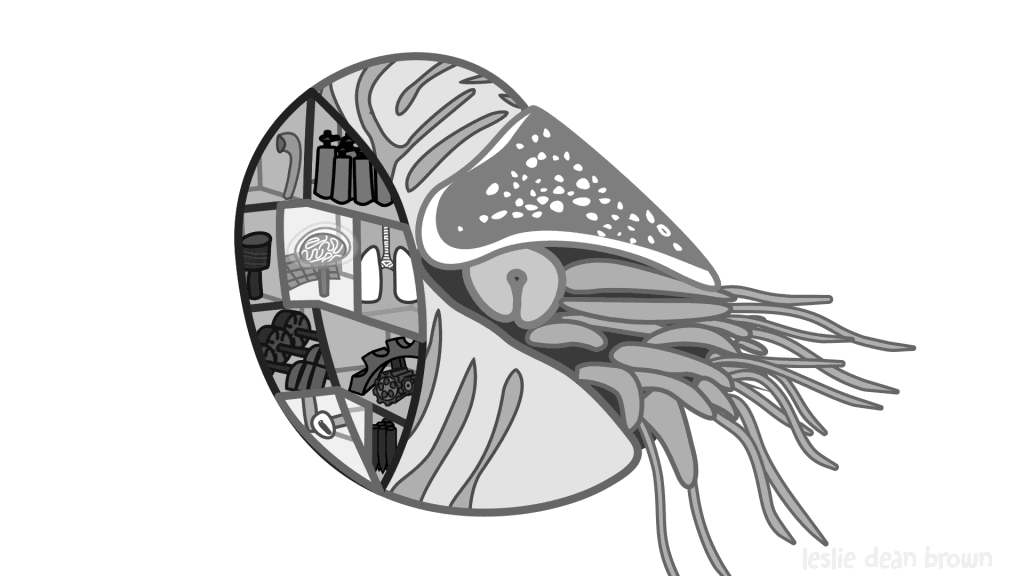Everyone already knows that babies take 1-2 years to learn basic language communication skills. What people tend to forget is that adults actually have several advantages over infants when it comes to learning new languages…
“But babies learn by immersion; they soak up everything like a sponge!”
… I can just hear the echo now. Its the same thing I tell you!!! In less than 2 years I went from knowing almost nothing (10 or 20 words) to being able to go to communicate effectively with people, go to the cinema, watch it in Spanish and understand the plot. But although it appears I can speak fluently, there’s still a lot that I don’t fully understand. There are huge gaps in my knowledge, gaps which only a formal education would fix.
During a recent adult conversation we had in the car concerning traffic rules, I recently asked a my 4 year old Spanish sister-in-law (who was sitting in the back seat with me) if she understood what was being said. She shook her head – the answer was most definitely no, she didn’t understand anything. Clearly, she hadn’t yet learned the appropriate puzzle-piece words relevant to the conversation about local traffic laws to grasp the idea of what was being said.
The only barrier to learning a new language is the actual desire to learn. It was Pamela of www.Secret-Tenerife.com who told me that in a recent telephone conversation. Children don’t walk around moaning “I don’t understand”, they constantly ask questions, often driving us mad. “But why?!” Quite simply, because that’s the fastest way to learn. That, along with copycatting. It’s the ticket to a new language.
Babies on the other hand have to start with a clean slate. They’re too busy attempting to decipher all the overwhelming visual stimuli they’re constantly receiving to worry about communicating with any languages. It’s usually a full six to twelve months before they speak their first word.
I can also communicate complex business ideas much better than any 2 year old. I was talking a load of business stuff lately & I could tell that the same niece hadn’t been exposed to words like “hacienda” (tax department), “impuestos” (taxes) or “aseguros” (insurance). She was completely lost in that conversation -she didn’t even try to understand what was being said by asking. Yet most of the time that 4 year old understands more than me.
I even passed those notoriously difficult Spanish driving theory classes with less than 2 years language experience. So in my opinion, I’ve completely invalidated that whole “its too late for me” excuse & I reckon you’re never too old to learn, especially if you live here. It all boils down to whether you can make the enormous effort required. You have the following definite advantages over babies and small children:
- Once you learn the rules of pronunciation, You can already speak!
- You can already read and write words!
- You can already grasp concepts, you just need to learn the Spanish equivalent word. I.e. Does a child know what “jealousy” is when you say “ahhh, you’re jealous eh?”. No, they first have to get the context. You on the other hand only need to ask “how do I say the word ‘jealous?’ “Sure, children easily recognise the visual signs when someone is angry, but at first they may not fully understand the reasons adult show that behaviour. They have to learn as well as understand. You already know better.
- You can also borrow from my already-known cognate words.
- You can actually choose how, where and when you want to study & learn. Eg audio CDs & mp3s, books, TV cooking shows, speaking with others, songs, radio, cinema, etc
- You can even choose what languages you’d like to learn!

